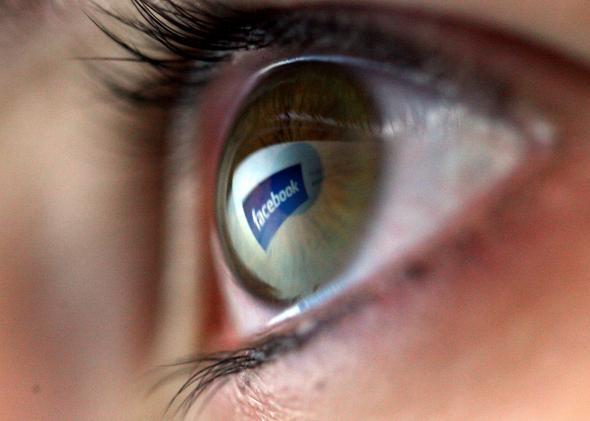Try to remember: How much time did you spend on Facebook in the last week? How much time laughing at cat memes? How much time liking pictures of your friends’ children? How much time linking to articles you found elsewhere?
I couldn’t say, and I suspect you couldn’t, either. But Facebook itself can, and now it’s using that information to reshape what you see when you log on. The site has long relied on user engagement to decide what to show visitors. If you like a post, for example, it’ll show you more content of that kind, and it’ll be more likely to show that post to your friends. And because we sometimes want to see things that we’re uncomfortable liking, it also emphasizes posts that inspire us to leave comments.
But sometimes engagement is more passive. I was literally dumbfounded by the Game of Thrones season finale (spoilers, obviously)—left staring at the screen in silence as the credits rolled—precisely because I was enthusiastic about it. I didn’t exactly like what I saw, and I’m not sure I know what to say about it, but you can be sure that I’ll tune in for the show’s sixth season when it starts next year. Even in our socially mediated age, many of the things that call us to attention don’t rouse us to action. Until recently, however, Facebook supposedly hasn’t taken our more passive news feed consumption into account when determining what to show us.
In a blog post published last week, Facebook software engineers Ansha Yu and Sami Tas explained that the company had recently updated “News Feed’s ranking to factor in a new signal—how much time you spend viewing a story in your News Feed.” Yu and Tas say that this update comes in response to user requests, writing that those they surveyed had said that “just because someone didn’t like, comment or share a story in their News Feed doesn’t mean it wasn’t meaningful to them.” These changes, the engineers repeatedly make clear, come in response to the demands of users. If Facebook is paying more attention to what we’re doing when we visit the site, they propose, it’s because we wanted them to.
Almost all coverage of this development takes Yu and Tas’ claims at face value, basically accepting the implicit assertion that Facebook began accumulating this information only when the people demanded it. Online attention tracking is hardly new, however. It has long been a component of user-experience design processes; heat mapping—through which Web developers trace the movement of mouse cursors across a Web page—and other similar techniques inform development decisions at every level. Netflix, for example, examines everything from how fast visitors scroll through recommendations to which colors they’re most inclined to click on. It seems unlikely that Facebook hasn’t been doing the same.
But maybe this is the first time Facebook has put that information to work. In their blog post, Yu and Tas suggest that this change gives users greater control over their time, making it at once more pleasant and more personal. They offer the example of a vacation write-up by “your cousin … detailing everything she did and saw on her recent trip,” suggesting that you might enjoy perusing it, even if “you don’t feel inclined to like or comment on it yourself.” Thanks to this update, Facebook will be able to acknowledge that enjoyment precisely because it recognizes that we dawdled. In the process, they may make our digital lives a little less harried.
While this new feature sounds nice enough, we shouldn’t labor under the illusion that it’s really about letting users decide what they want to see. I, for one, know that I’ve lingered over vacation photos out of jealousy rather than vicarious enjoyment. Worse still: I sometimes catch myself hate-reading, glaring at irritating posts that I know I should hide. They keep my eyes on the screen, but that doesn’t mean I want them there. And on a site that cultivates echo chambers, it’s not clear that we should celebrate features that reward inaction.
It’s tempting to understand this change as part of a larger effort to reshape our experience of time. As Sarah Senk has argued, Facebook’s “On This Day” notifications are actively lowering the bar of what gets to count as an historical event. And with its often aggressive birthday notifications, Facebook incorporates itself into the rhythms of the calendar and your day.
By showing us things that we’re likely to linger over, Facebook is simply ensuring that we’ll spend more time on the site. Here we are in the domain of compulsion rather than mere enjoyment: They aren’t giving us what we want so much as making it harder to look away. If our news feeds become a little more enjoyable in the process, that’s only a side effect.
